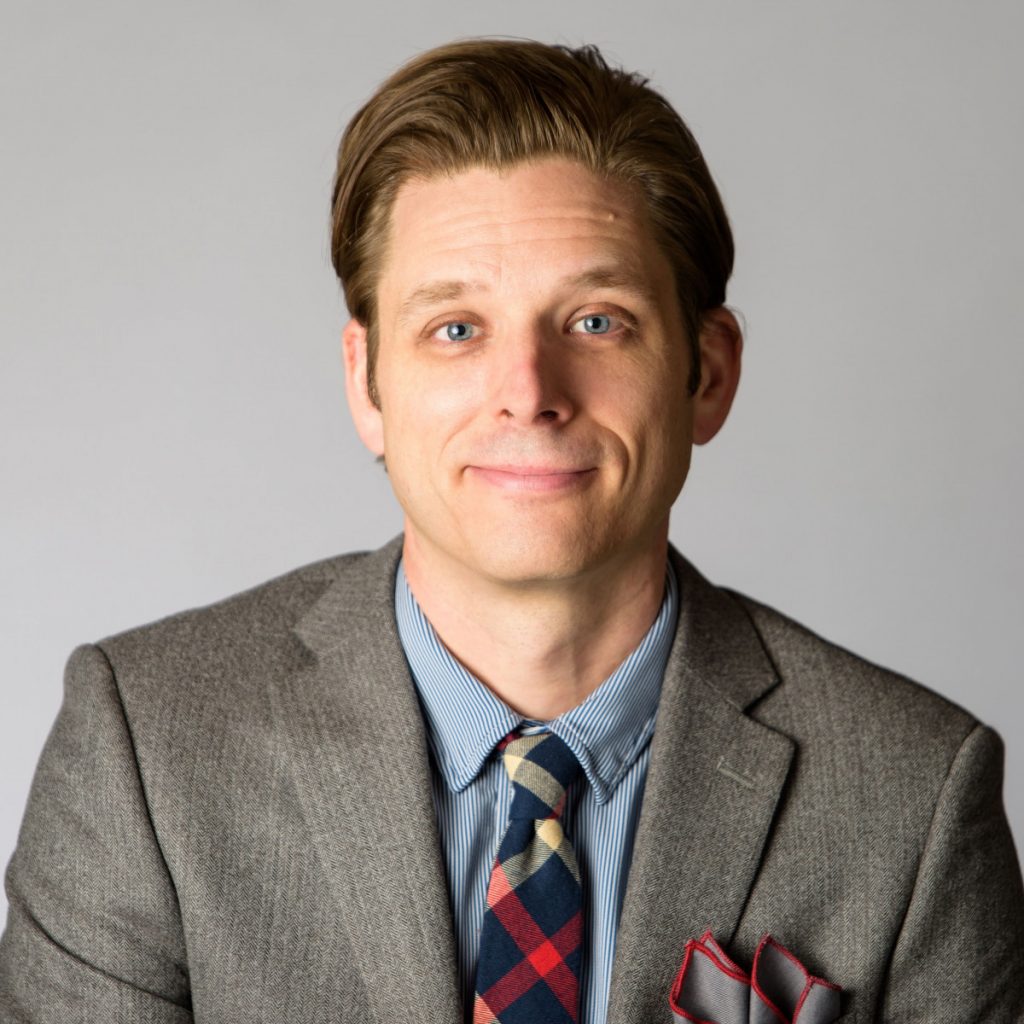
James Buckser
Staff writer
Andrew Seidel sees religion being weaponized in the political sphere.
“One of the most recent examples is, in granting the license to discriminate, we’re seeing the rollback of basic human and civil rights in the name of religious freedom,” Seidel said. “Now religious freedom is an excuse to violate or impact other people’s rights, and historically that is something we had never seen in this country.”
Seidel is a constitutional attorney, author, and vice president of strategic communications at Americans United for Separation of Church and State. He will speak at 2 p.m. today in the Hall of Philosophy, as a part of Week Eight of the Interfaith Lecture Series with its theme “Freedom of Religious Expression.”
Seidel said he will discuss the “weaponization of religious freedom” and its implications for the country.
“Right now we are seeing the Supreme Court change what has long been a protection, religious freedom, into a weapon,” Seidel said. “Allowing the people of the ‘right’ — and I’m using scare quotes that you can’t see there — the ‘right’ kind of religion to impose it on other people, and that’s never what religious freedom was meant to be, and I really think people need to be aware of how dangerous that is.”
Seidel is aware that his speech takes place near the anniversary of the Aug. 12, 2022, attack on Salman Rushdie on the grounds. Having received threats over his work and having dined with the author several times, Seidel sees the impact of that violence.
“That is the true freedom of speech, the true freedom of religion; to criticize religion is the beginning of freedom,” Seidel said. “When you have a head of state and a religious leader ordering the murder of a British citizen for writing a book, for daring to think freely, to write freely, to publish freely, that is the extreme version of the weaponization of religious freedom.”
Seidel will discuss why we are seeing attacks on free expression like book bans, saying it comes down to the fact that “rising equality and progress” are relegating an “ever-louder and ever-shrinking minority” to the fringes.
“They’re seeing the rollback of power and privilege and deference which they believe they’re due,” Seidel said. “They’re raging against the dying of this privilege.”
Seidel’s perspective on book-banning is partially informed by his own experience as an author, and seeing his own book, The Founding Myth, burned in what he called a “gutting and visceral experience.”
“I poured my life into that book,” Seidel said. “To see this Tennessee preacher, Greg Locke, get out a blowtorch and blithely set fire to that decade of work is – I mean it’s an awful feeling, it really is. All of the more ominous overtones – not even overtones, that come with book burning and book banning and what we saw in the 20th century are just so clear when you watch that happen.”
Seidel hopes that people at his lecture gain a better understanding of the harm religious weaponization can do.
“I do not think that you can understand where we are as a country, politically or otherwise, without understanding Christian nationalism and the crusade to weaponize religious freedom,” Seidel said.
He hopes people gain not just a better understanding of the threat that is posed by Christian nationalism, “but of our entire political environment and the threats that we are seeing and facing as we the people right now.”




